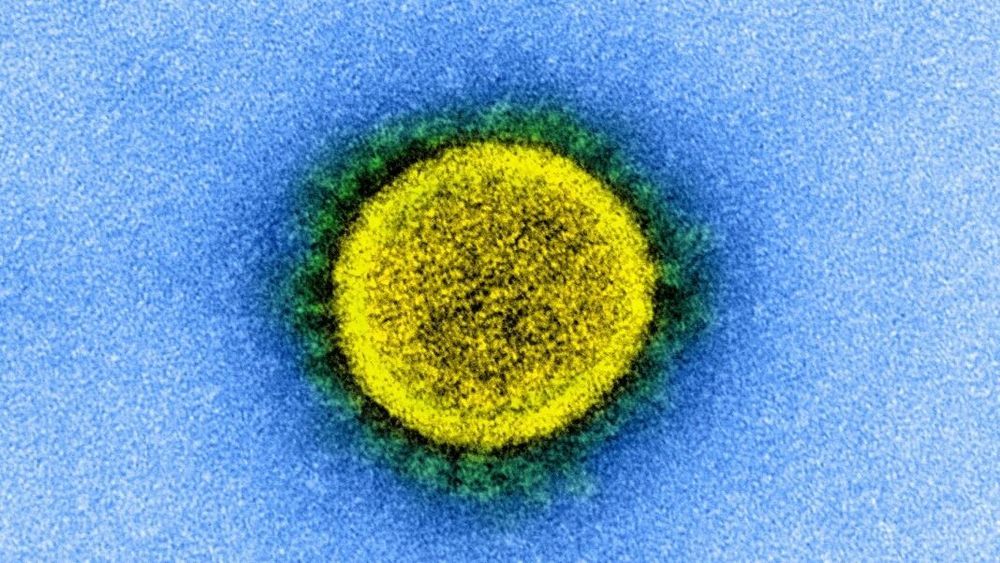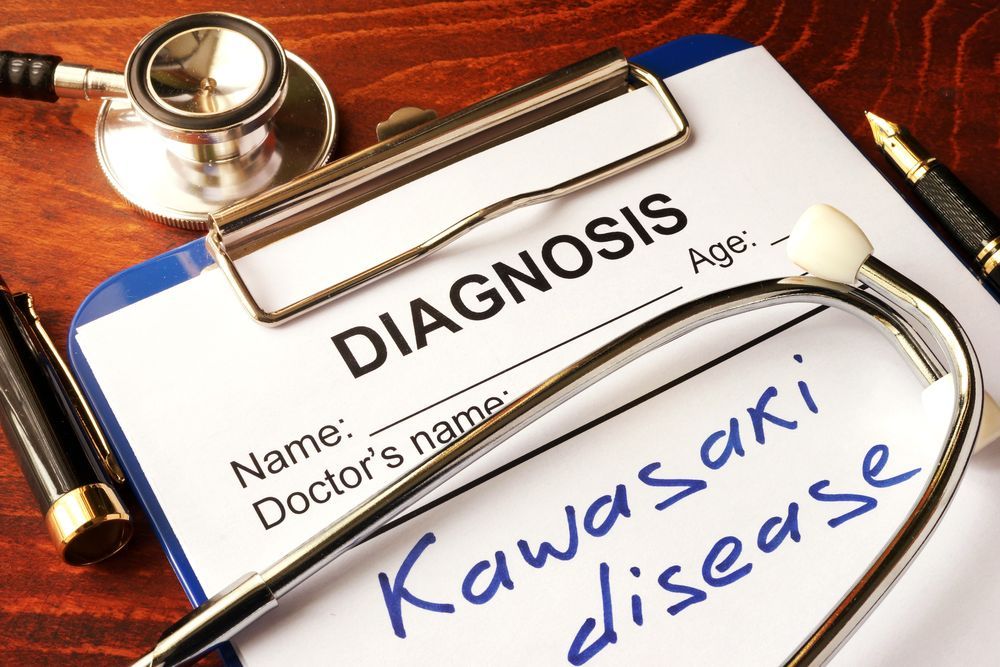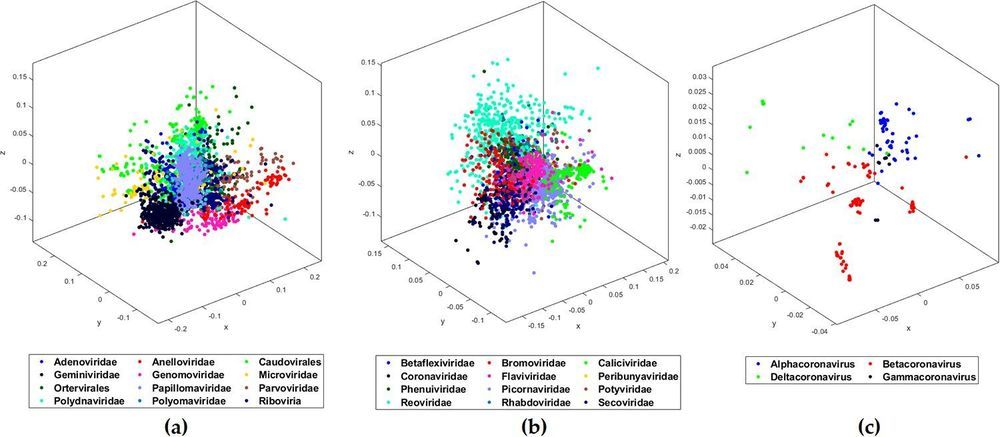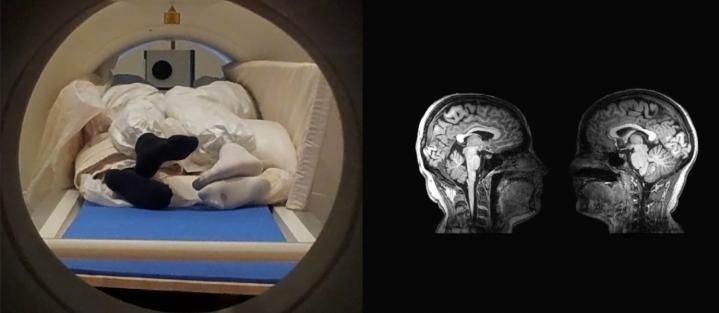An interesting article from Australia.
Australia is in an unusual situation, being at once potentially extremely self-reliant and in practice extremely vulnerable to disruptions in international trade.
Whereas disruptions could come from any one of many types of natural disasters or due to politics, I am glad to see that the Australians are seriously considering what it would require to maintain their civilization in the face of disruptions.
Only two or three generations ago most people were more or less self-reliant, and could have continued for years if trade had been cut off with discomfort but no serious threat to civilization itself. Regional scale natural disasters are not so uncommon that we shouldn’t expect at least one every few centuries, yet it seems our global civilization has somehow sleepwalked its way into a state of fragility in which a moderate disruption can threaten civilization everywhere.
I am glad that Australia is looking into ways to maintain essential services in the event of such disruptions, but hope they can resist the urge for heavy-handed central control which creates more problems than it solves. I expect and hope that governments all around the world are currently examining their own vulnerabilities and considering how to mitigate them.
We might be thankful for the current pandemic exposing these vulnerabilities in a way that does not seriously threaten civilization itself. Hopefully we will all learn from it.






